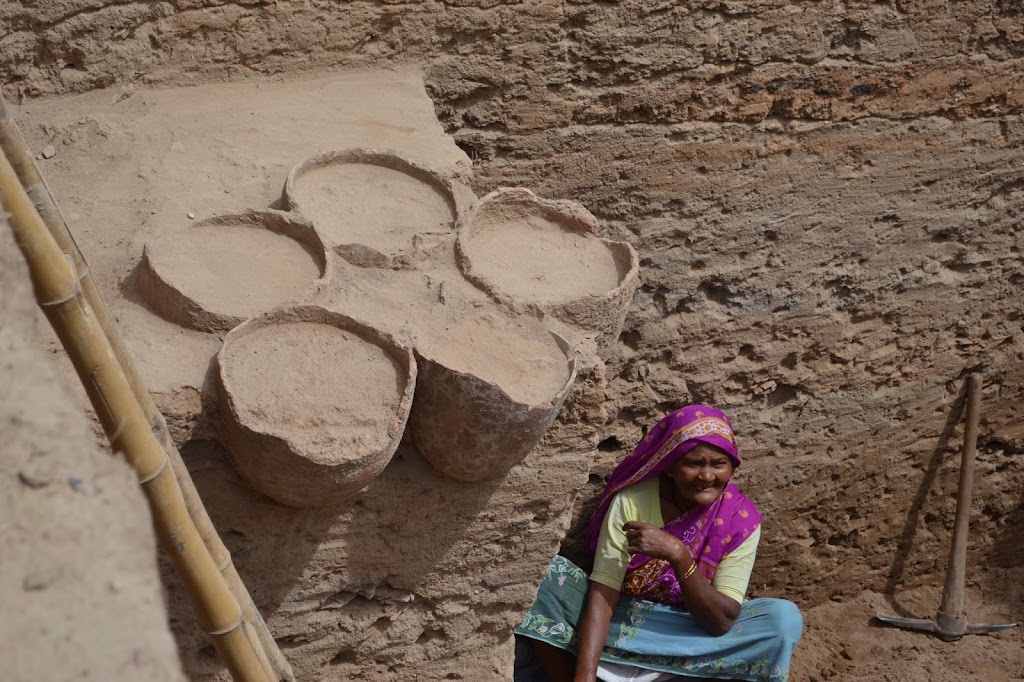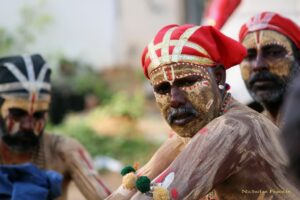The Archaeological Survey of India (ASI) has decided to scrap its plan to establish a on- site museum at Keeladi Village in Sivagangai District, where its team have excavated numerous items and materials that has deep historical evidence of the Sangam period is a rude shock to the citizens of the region, particularly to the historically significant city of Madurai.
The excavations that were found close to the banks of river Vaigai dates back to the period of 3 BC and 3AD, is just 15 kms away from Madurai, which is supposed to have a legacy of the Sangam period civilization. It is learnt that the ASI had earlier planned to establish an on-site museum at Keeladi Vilage so that the treasures found could be displayed and protected to showcase the historical past of the region. This would have been a welcome step, since the Keeladi Village is situated very close to the Madurai – Rameshewaram Highway in which thousands of tourists from India and abroad travel frequently. Moreover the on-site museum would have promoted the area as a popular tourist attraction in Tamilnadu, which is one of a rare kind. The excavation site has already drawn wide attention from the public, since thousands of visitors have visited the site and had a wonderful experience of witnessing how historical evidences are excavated, treated, restored and indexed. A large chunk of the visitors have been school and college students who have developed a pride that they have something like this close to the place where they live.
The proposed plan to shift all the artefacts and valuable materials excavated from Keeladi to the ASI Centre at out of the State of Tamilnadu is certainly not a welcome step. It amounts to packing history from a particular site, where it has deep rooted linkages and then transporting it to a place where its relevance will not be much appreciated like that of its original location. The heritage of the site and its materials will be lost in transition to a regular museum, where people cannot have a deep understanding. History, Culture and Heritage always are better served when the land the legacy attached to it is preserved and maintained close it its originality. It is pertinent to point out that ASI functions and works hard to preserve all the materials that its officers excavate with a huge effort spent on the restoration part, which is what finally matters. The Call for an on-site museum at Keeladi is based on the similar consideration of restoring the past historical relevance of the land with the present and preserving it for the future.
Out of the 40 on-site museums maintained by the ASI in India, only one is located in Tamil Nadu, and that too in Fort. St.George in Chennai. The strong plea from the heritage lovers and the locals to the concerned authorities to establish an on-site Museum has not proved to be successful despite the unique historical importance and significance of the findings linked with the site. It is no secret that if further progress is made at the site, there could be many more findings and possibly new episodes of historical facts will emerge out of the soil.
The serious question that is emerging out now is “No to Keeladi On Site Museum?”





